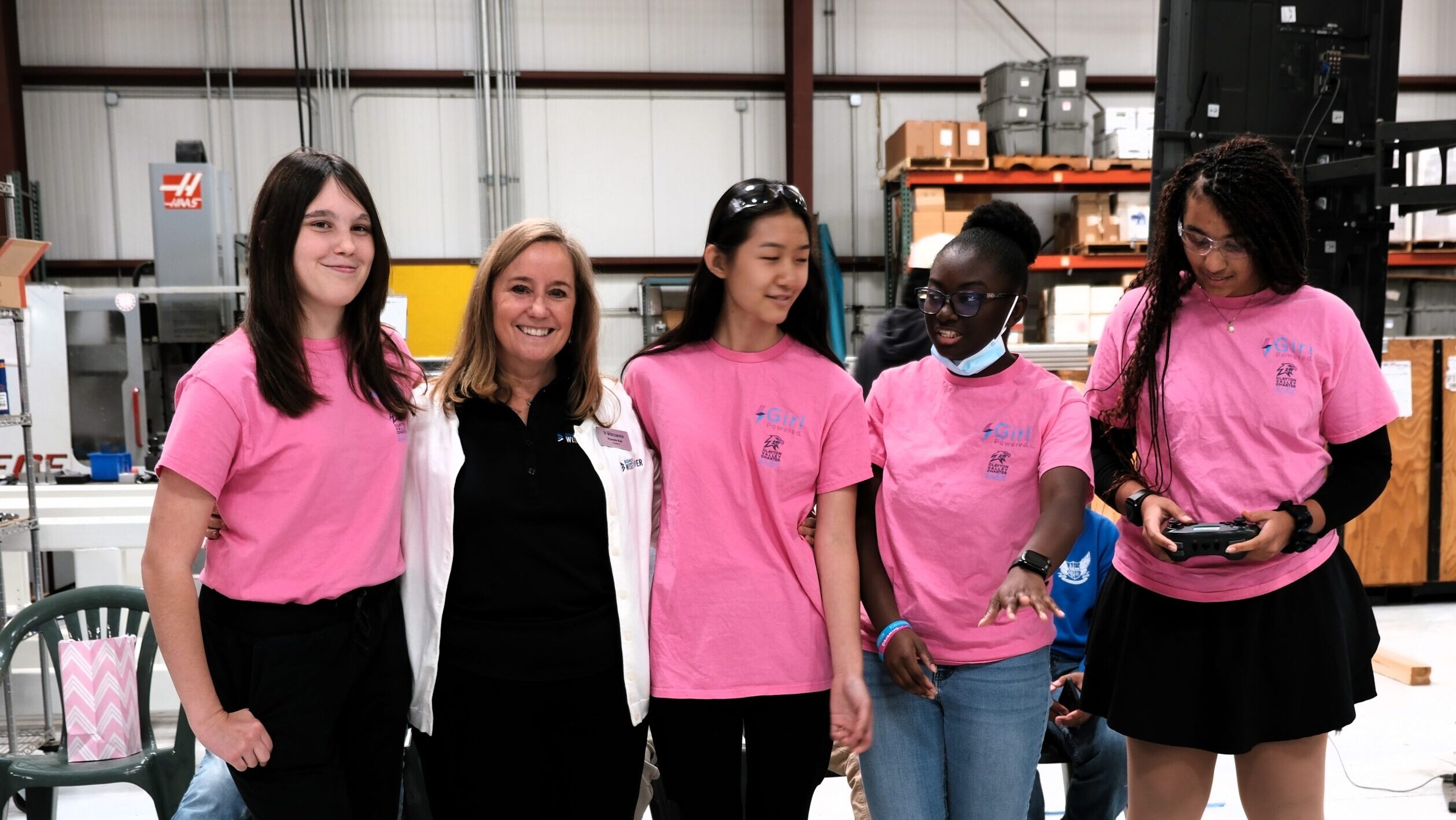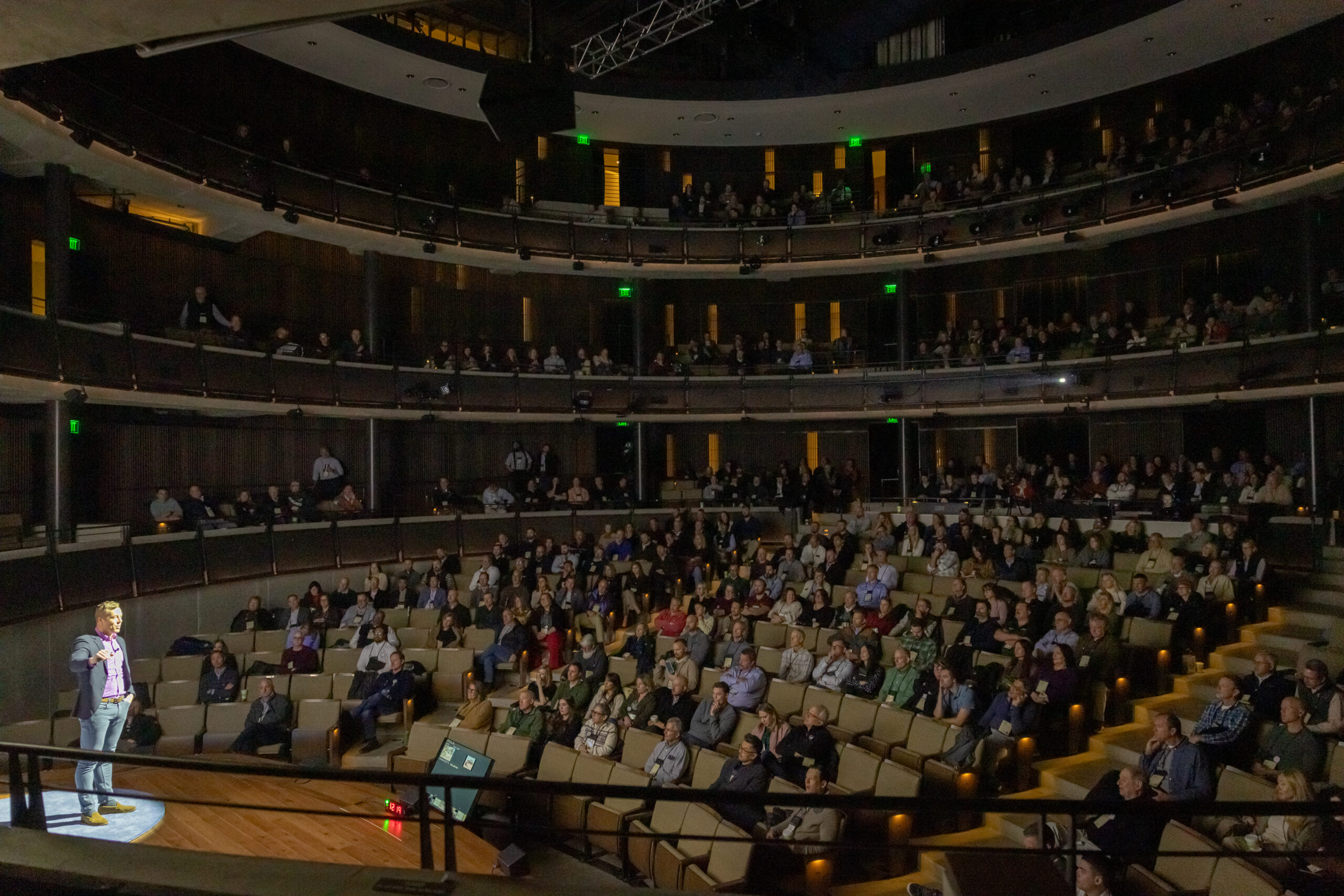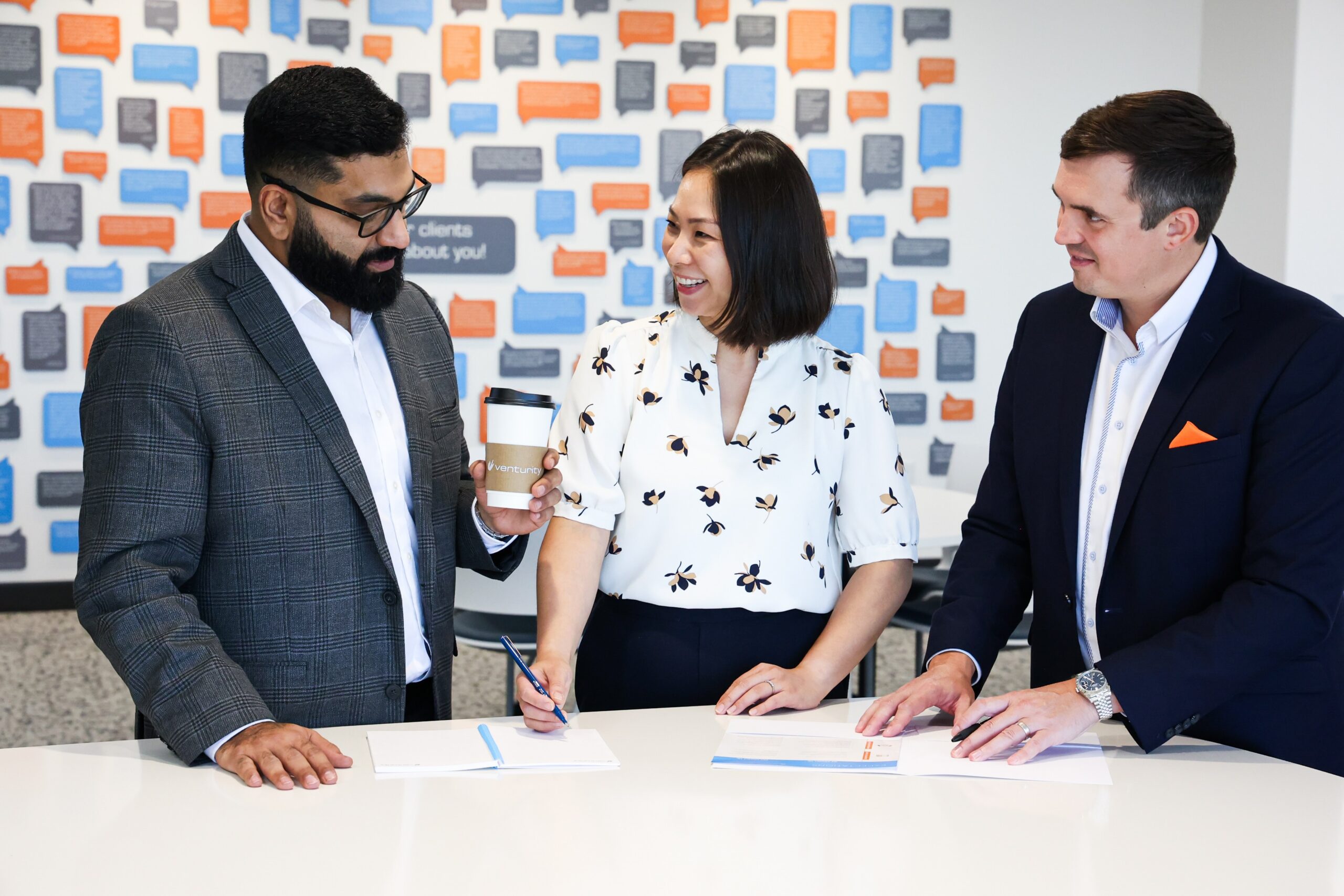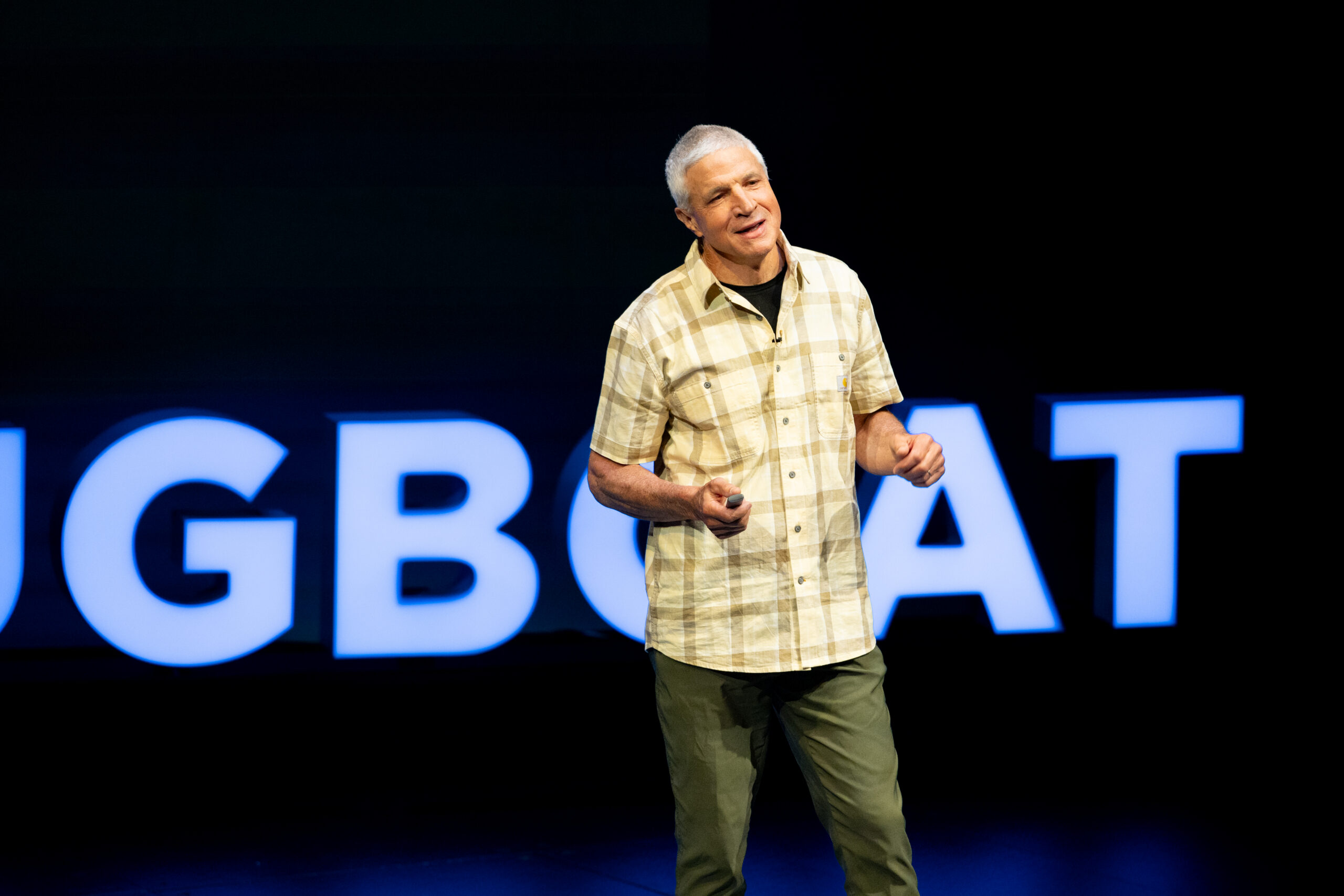

Mentorship Is a Strategic Asset
September 16, 2025
Mentorship Is a Strategic Asset
- Pamela Kan
- Bishop-Wisecarver
RESTRICTED CONTENT
Subscribe to EJ+ to gain access to our full library of Evergreen Content
Subscribe Login here if you are a subscriberMore Articles and Videos

Relationships as the Foundation for Growth
- David Lawson
- Lawson Mechanical Contractors

Authentic Purpose: Lessons from Tugboat Institute Gathering of Teams 2026
- Dave Whorton
- Tugboat Institute

Stay connected to Evergreen ideas and opportunities
By signing up, you understand and agree that we will store, process and manage your personal information according to our Privacy Policy




